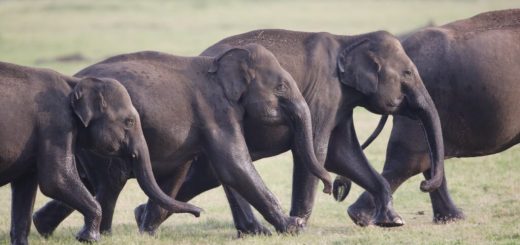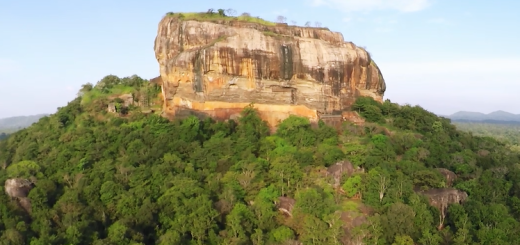Promoting wildlife in an environmental friendly manner
by Jetwing · Published · Updated
It is wonderful to see how tourism is increasing in Sri Lanka over the years after the end of the long 26 year civil war. With the increase in tourism, one must also think of the negative effects it causes on the animals. Many who come to Sri Lanka, would love to experience an elephant back ride or maybe a bullock cart ride as this would be a once in a life time opportunity and it would seem like so much fun, or maybe they would just like to experience a safari in a National Park.
Elephant back rides are promoted mainly in Habarana. Due to the people’s safety, a wooden saddle (something like a huge basket on a wooden platform) is placed on the elephant’s back which could hold up to 4 people. It is tightly tied around the elephant in order to ensure the basket is steady and strong. These straps are so tight that it cuts into the elephant’s skin. This tightens the elephant’s lungs, which result in reducing the lifespan of the elephant.
This is the same case with the bullock cart rides where the bullock is tied onto to the cow to take people for a “fun ride”.
“ We pass a bullock yoked to a cart
Straining uphill. He shivers
With effort, his bones
Protrude and the taut skin quivers
At each whip of sharp-throned stick
There is no expression on his face
Only his eyes plead mercy
Foam slavers from his lips
As he travails to increase his pace
And slips.”
The above poem, written by Anne Ranasinghe explains what I would like to say on this matter. This would in fact be applicable for the elephants carrying the people on the wooden saddle too.
Many of you must have been to Yala National Park or would like to visit Yala National park. It is one of the best places in the world to observe and photograph leopards. It is an incredible feeling to witness leopards and other such animals on the safari. It is said that on a “good day over hundreds of jeeps head to Yala. When one of these jeeps spots a leopard, the people in it take out their mobile phones and alert the other visitors. Hence, the other jeeps race to the place where they heard a leopard was sighted, ignoring the speed limits and the other road rules. About 4 months ago, a female leopard cub was run over a speeding jeep. BBC has recently addressed the speeding issue and dangers faced by it in Sri Lanka national Parks. (http://www.bbc.co.uk/news/world-asia-17126895)
Sri Lanka is a beautiful country and has many attractions to justify, including wildlife. Overtime people will discover more wildlife hotspots in Sri Lanka which would attract more tourists. This is good for the country as it makes a big impact on the economy. It is definitely not wrong to promote wildlife. However, when promoting it, one should always consider the animals and promote it in an environmental friendly manner.
By Anoushka Rajapakse




